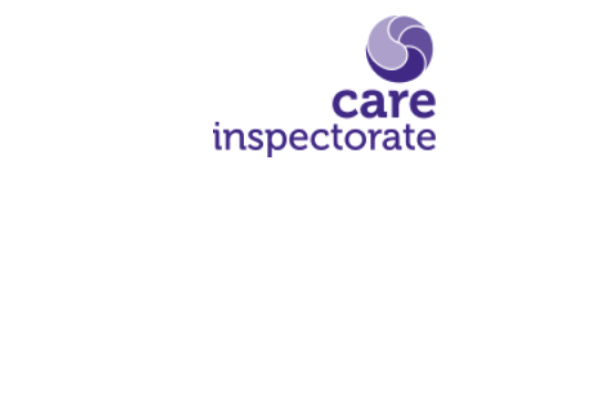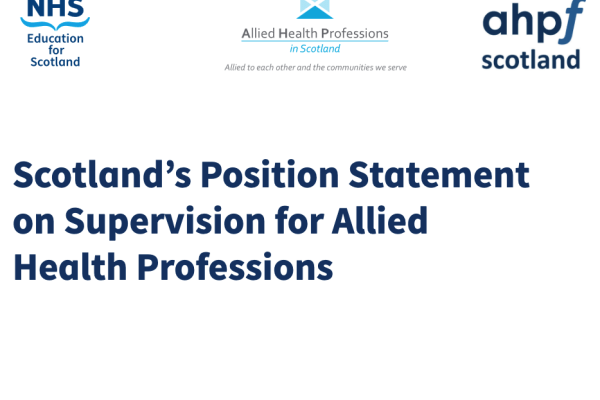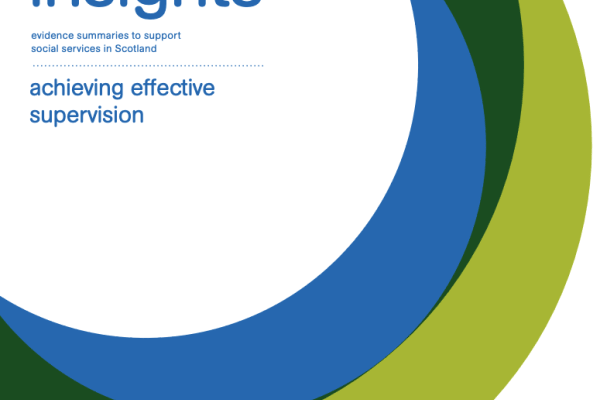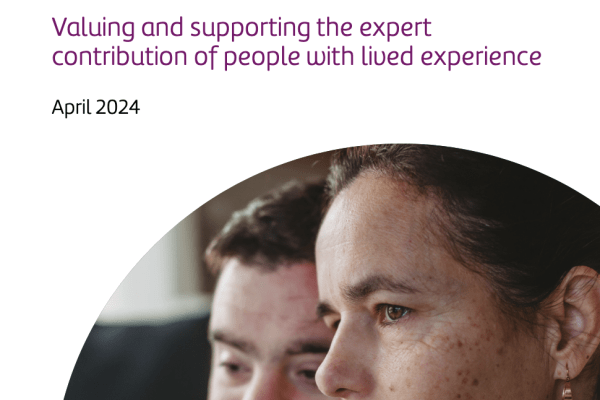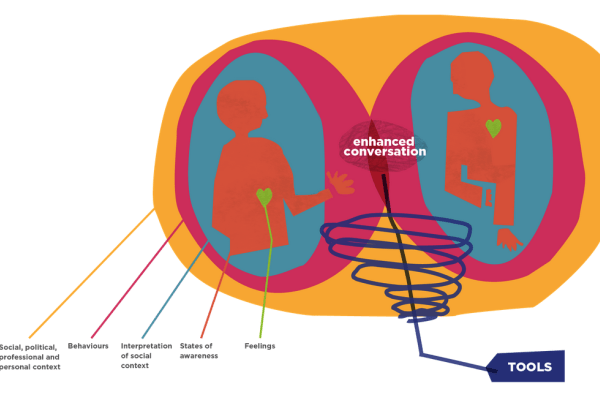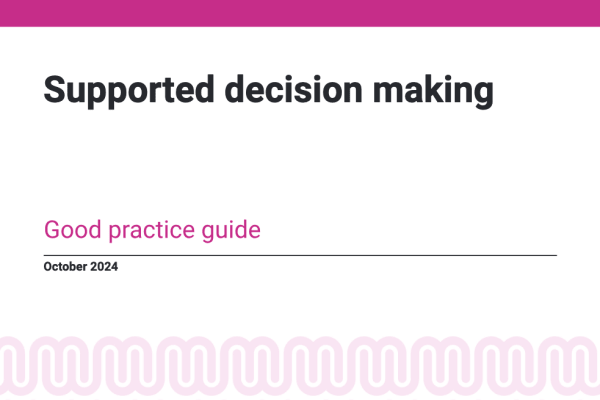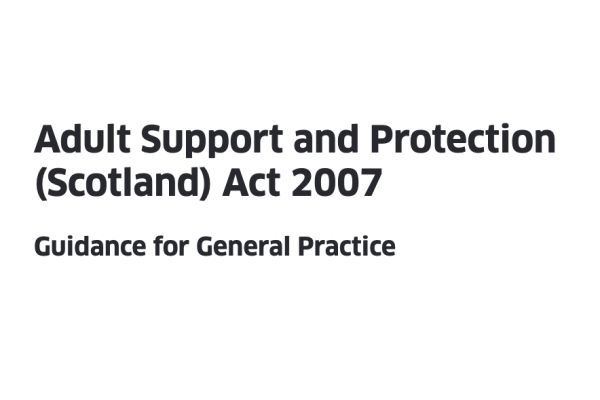Six-point evaluation scale (Care Inspectorate)
The Care Inspectorate look at the quality of care in Scotland to ensure it meets high standards. They provide an overall evaluation for each of the key questions inspected , using the six-point scale from unsatisfactory (1) to excellent (6). This resource helps everyone understand what the evaluation scale means.
